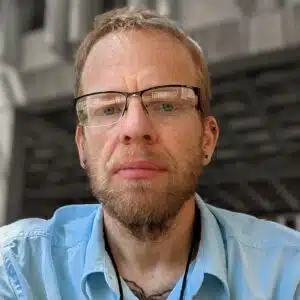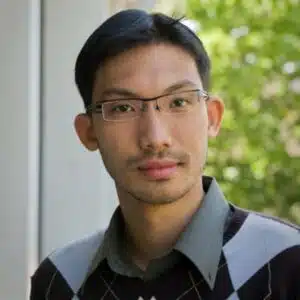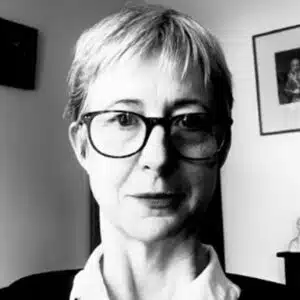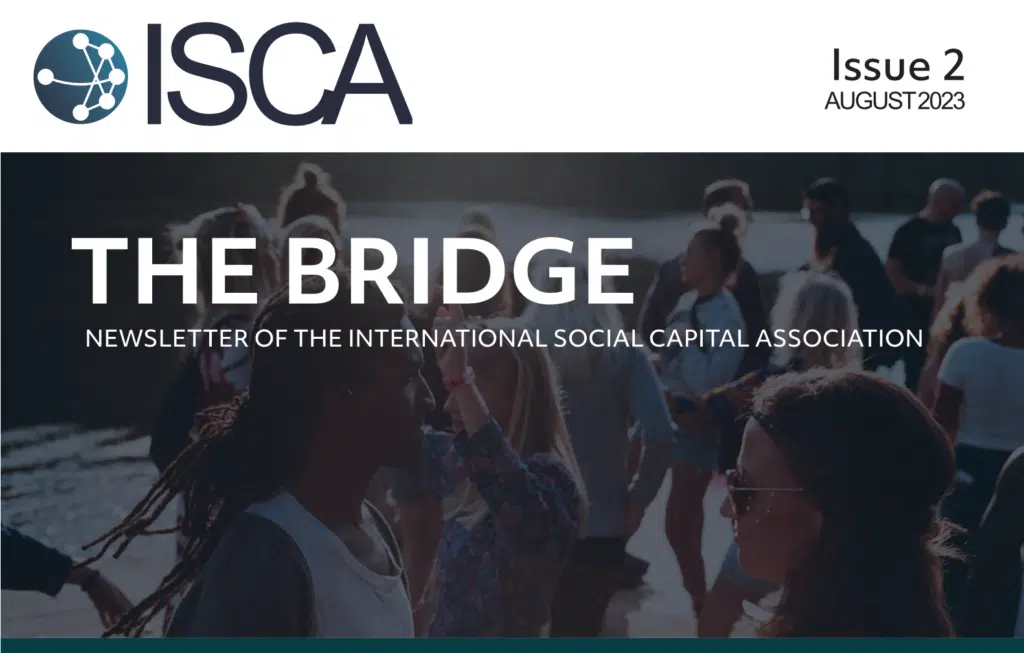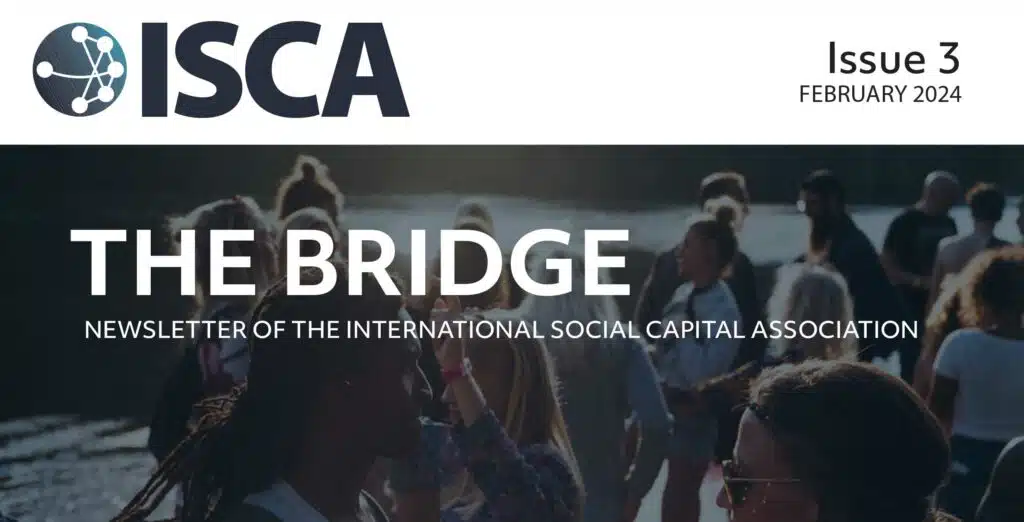Welcome
Dear ISCA Members
Welcome to the latest edition of The Bridge – Newsletter of the International Social Capital Association. As we embark on this journey of knowledge exchange and scholarly discourse, we are delighted to bring you a curated collection of insights, updates, and accomplishments that reflect the vibrant spirit of our community.
It is now summer in the northern hemisphere, which is a good opportunity to go out, meet friends and/or new people and build some social capital. Social capital is becoming more important as a research topic every day, as increasing polarisation and the growing ecological challenges underline the need to work together. Our common topic has become trendy again.
Download a PDF of this newsletter
Message from the President:
Building Bridges of Social Capital Across Chile
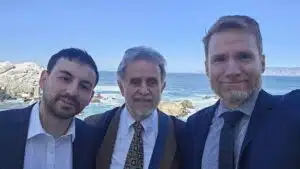
This initiative has been made possible through the outstanding leadership of Professor Carlos Vignolo Friz and Álvaro Contreras Barrios, whose expertise, vision, and deep local networks have opened doors across Chilean society. Their commitment reflects the very spirit of social capital, relationships of trust, reciprocity, and shared purpose that make ambitious collaboration possible. I am deeply grateful for their partnership and for the generosity of the many institutions and individuals who have hosted our visits.
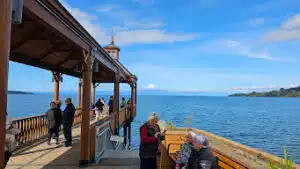
Chile provides a particularly meaningful setting for these discussions. Its history of civic mobilisation, social reform, and democratic transformation has shaped distinctive patterns of trust, networks, and collective action. At the same time, persistent inequalities, environmental pressures, and the need for institutional renewal highlight the importance of investing in social capital as a public good. The conversations here remind me that while the concept of social capital is universal, its expressions are always shaped by local context, by culture, history, and lived experience.
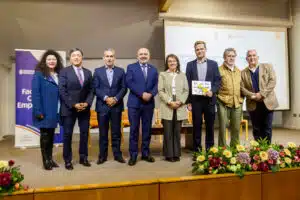
What has been most inspiring is the spirit of generosity that underlies every interaction. People have welcomed open discussion, critical reflection, and collaboration, qualities that make genuine knowledge exchange possible. In many ways, this is what building a global field of social capital research and practice looks like: connecting people who are curious, thoughtful, and committed to strengthening the relational foundations of society.
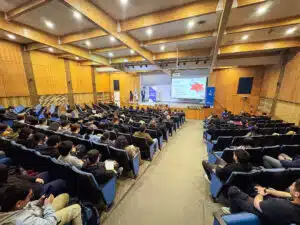
– Tristan Claridge, President, International Social Capital Association
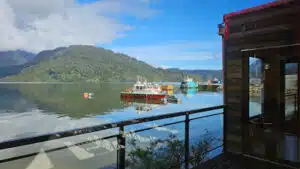
2026 ISCA Conference
We invite you to register HERE to attend, in person or online, ISCA’s first international conference on Social Capital in Dubai from March 25-28, 2026. You can join us via submitted presentations and posters, workshops, learning opportunities, and social activities and events.
You will not want to miss our star keynote speakers, including the following:
- Robert D. Putnam, Professor of Public Policy at Harvard University
- Raj Chetty, Professor of Economics at Harvard University
- Beate Völker, Professor of Sociology at Utrecht University
Please also spread the word around to your own networks. We’ve prepared a collection of ready-to-use materials — sample posts, graphics, and resources — that you can share in emails, newsletters, and on social media:
https://www.socialcapital2026.com/isca2026-promotional-materials/
We are also actively seeking sponsors to support the conference. Sponsorship is crucial for keeping the event inclusive and accessible — especially for participants from underrepresented regions. If you know of organisations, institutions, or individuals who might be interested, please share our sponsorship prospectus with them:
https://www.socialcapital2026.com/sponsorship-opportunities/
Your voice and connections can make a real difference. Every share, repost, introduction, or personal message of encouragement helps us attract more submissions, build partnerships, and strengthen momentum toward what we hope will be a landmark gathering for our field.
Report from our AGM held September 10, 2025
Our fourth AGM was a great opportunity to engage with members, celebrate our successes, and outline the future direction of the association. The following resolutions were passed:
- Membership fees: Unchanged
- Date of next AGM: Wednesday, September 9, 2026
- Dates for the next four board meetings: September 22, 2025; February 1, 2026; May 3, 2026; August 2, 2026
- Financial statement to March 31, 2025: Accepted. You can see the statement HERE.
- Annual report to March 31, 2025: Accepted. You can read the report HERE.
In addition, Tristan Claridge was re-elected unanimously for another term. We also elected Jennifer R. Bishop and Geeta Mehta as new Directors. [add profile photos]
ISCA Member Spotlight
 This month, we sat down to talk with Carlos Vignolo
This month, we sat down to talk with Carlos Vignolo
For our Member Spotlight section, we speak with Professor Carlos Vignolo, an academic for over 50 years at the Industrial Engineering Department of the Universidad de Chile. His work has applied an engineering and biological lens to the challenge of building trust and collaboration.
Professor Vignolo, your profile is uncommon. You’re an engineer who has dedicated much of your career to studying and building social capital. How do you connect these two seemingly different worlds?
Carlos Vignolo: The connection is more natural than it appears. During my 50+ years at the Universidad de Chile, I have always seen engineering not just as the art of building bridges or machines, but as the discipline of designing solutions to complex problems. And the most complex problem we face in our organizations and societies is distrust. My training pushed me to go beyond diagnosis and ask: can we design social “technologies” to cultivate collaboration? My approach has always been one of action-research: going into the field and applying models to see if they work.
The biologist Humberto Maturana was a key influence on your work. How did his thinking change your view of social capital?
Carlos Vignolo: Meeting Humberto was a turning point. He provided the scientific foundation for something I intuited: that everything human is built in conversation. Maturana’s “Biology of Knowing” and “Biology of Conversation” allowed me to understand that relationships are not static, but a dynamic phenomenon that emerges from the quality of our interactions. From there, I proposed a model where the key variable for building social capital is not the networks themselves, but rather the self-awareness of individuals and the community. Only when a group is aware of its own emotions, narratives, and behavioral patterns can it begin to have the high-quality conversations that are the real foundation for building trust and collective action.
You have applied these ideas in large-scale projects, from public health to regional development. Could you give us a practical example?
Carlos Vignolo: Certainly. For example, in the “Coloquios de Líderes” (Leadership Colloquiums) we designed in the Aysén Region, the objective was exactly that: to create a protected space to have a type of conversation that doesn’t happen day-to-day. It wasn’t about debating, but about conversing to co-construct a shared vision. It was a designed intervention, a “sociotechnology,” to raise the quality of conversation and, with it, the collective awareness of the region’s key actors. Similarly, in leadership training in Bío Bío or in the public health system interventions, the focus was always the same: to give people tools to better manage their moods, their conversations, and consequently, their relationships. The premise is simple: if we improve the quality of conversations, we strengthen social capital.
ISCA Webinar Series
Since April 2020, our webinar series has included presentations by prominent scholars and practitioners, including Prof Robert Putnam, Prof Eric Uslaner, Prof Lindon Robison, Prof Daniel Aldrich and many more.
This series provides a platform for people to share their research or their practical applications of social capital with an international audience.
You can click here to submit a proposal to present in the ISCA Webinar Series.. All our webinars are FREE to attend.
Upcoming webinars
 Social Capital Research Design and Methods
Social Capital Research Design and Methods
October 30 @ 11:00 am – 12:00 pm EDT
On Zoom: A workshop discussing the research process with a focus on social capital research.
Sign up HERE
Toward a Unified Conceptualization of Social Capital
November 11 @ 4:00 pm – 5:30 pm EST
On Zoom: While social capital is among the most broadly used concepts in social science, authors vary widely in their conceptualizations of social capital. Come and add to your own understanding and research.
Sign up HERE
The monetary value of social capital in post-disaster contexts: Evidence from Australia
November 26 @ 6:00 pm – 7:30 pm AEDT
On Zoom. This presentation will explore the critical role of social capital in enhancing disaster resilience in Australia, with a focus on bushfires..
Sign up HERE
Recent webinars
Our recent webinars have brought together leading scholars and practitioners from around the world to explore new perspectives on social capital, including its theory, measurement, and practical application across diverse contexts. Below you’ll find the latest recordings, each offering valuable insights and examples of how social capital shapes our societies, organisations, and communities.
Emotional Intelligence as Infrastructure: Designing Cultures that Scale Social Capital
Graham Hall, OD & Talent Strategy Leader, Rhythm Strategic Consulting
https://youtu.be/7KVJyLwp0cA
Understanding the nuances of (dis-)connectedness of migrant entrepreneurs within entrepreneurial ecosystems
Dr Alexandra David, Senior Researcher, Westphalian University, Institute for Work & Technology
https://youtu.be/TbtbgQqySZY
Social Capital and its influences on career aspirations and attainment
Dr Rob Schnieders, Vice President, Strategic Initiatives and Chief of Staff, Fairfield University
https://youtu.be/_-kU9WsdiGI
Leading with Social Wealth: Relational Design for the Future of Work
Shelley Doyle, Social Wealth Strategist, The Communiverse
https://youtu.be/BBnZu2dH-lg
Social capital in the age of AI: Does current pedagogy help students build real connections?
Sidney Peimer, Lecturer, Red & Yellow Creative School of Business
https://youtu.be/V72GuIGmUw4
Dynamics of Social Interaction in Technology Adoption: Social Capital versus Social Learning
Dr Haluk Gedikoglu, Associate Professor of Agricultural Economics, Konya Food & Agriculture University
https://youtu.be/dNO54PVbqSU
Gbenopo as an expression of social capital in Badagry’s Ogu musical culture
Dr Joseph Kunnuji, Senior Lecturer in African Music, University of the Free State, Bloemfontein, South Africa
https://youtu.be/xBZ1rpaEII8
Out of a Crisis Comes Resilience: Community Schools Potential to Generate Social Capital
Dr Jessica Shiller, Director of the Maryland Center for Community Schools, Towson University
https://youtu.be/E-xgTGnBP1E
Social Capital in Action: A Blueprint from Petaluma’s Civic Experiments
John Crowley, Executive Director, Aqus Community Foundation
https://youtu.be/jOafgfZuTZs
Building Social Capital Through Mentoring Programmes At The Goa School In India
Jonathan Burton, Advisor to The Goa School and Madhuri Dass Woudenberg, Founder-Director of The Goa School
https://youtu.be/fICWScw7cE8
Unveiling Trends in Social Capital Research: A Bibliometric and Systematic Review Approach
Buddhini Amarathunga, Senior Lecturer, Department of Business Management, Faculty of Business Studies and Finance, Wayamba University of Sri Lanka
https://youtu.be/WcUl0SBI6yw
Toward a Unified Framework for Social Capital: What is it, how does it work, and why does it matter?
Tristan Claridge, Director of the Institute for Social Capital and President of the International Social Capital Association
https://youtu.be/2Kq8VVy146U
Get Involved
Visit the ISCA events page for Interest Group schedules and access.
https://www.intsocialcapital.org/events/
- ISCA Webinar Series with Tristan Claridge
- Disaster Resilience with Jeff Donaldson
- Social Capital Paradigm with Tristan Claridge
- Measurement Interest Group with Eunice Park
- Research Design and Mentoring with Beverly Sloan
Mighty Networks
Our community platform has been a bit quiet lately, so we have decided to improve access by making it available to non-members as well as members. This means you can invite people to join, even if they are not a member of ISCA. This will remove the barriers to participation and encourage more people to get involved. As our interest groups start to develop, this will be important to provide an easily accessible platform for interest group discussions. To invite someone to our Mighty Networks community, go to https://intsocialcapital.mn.co/invite and copy the link or you can invite people by email directly from that page. Be an ambassador for our association and get recognition for helping us grow.
An invitation to share your work
Are you using social capital theory in your research, public-facing writing or practice? Please submit information about your work so we can share it on our website. Listings will not include the full text, but links to text or downloads can be included.
Stay in touch
We would love to hear from you and answer any questions you have about ISCA. ISCA board members can be contacted through the Governance page.

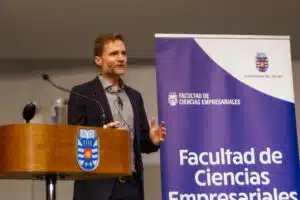
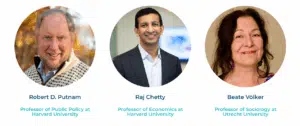
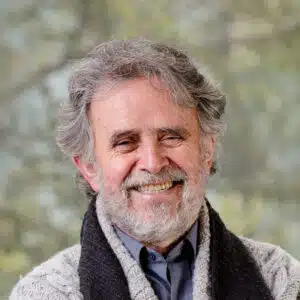 This month, we sat down to talk with Carlos Vignolo
This month, we sat down to talk with Carlos Vignolo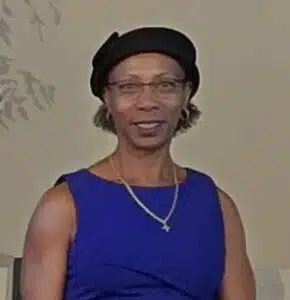 Social Capital Research Design and Methods
Social Capital Research Design and Methods